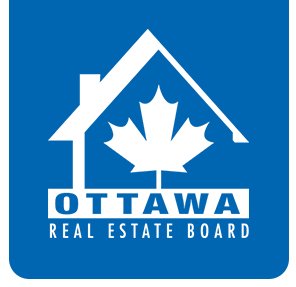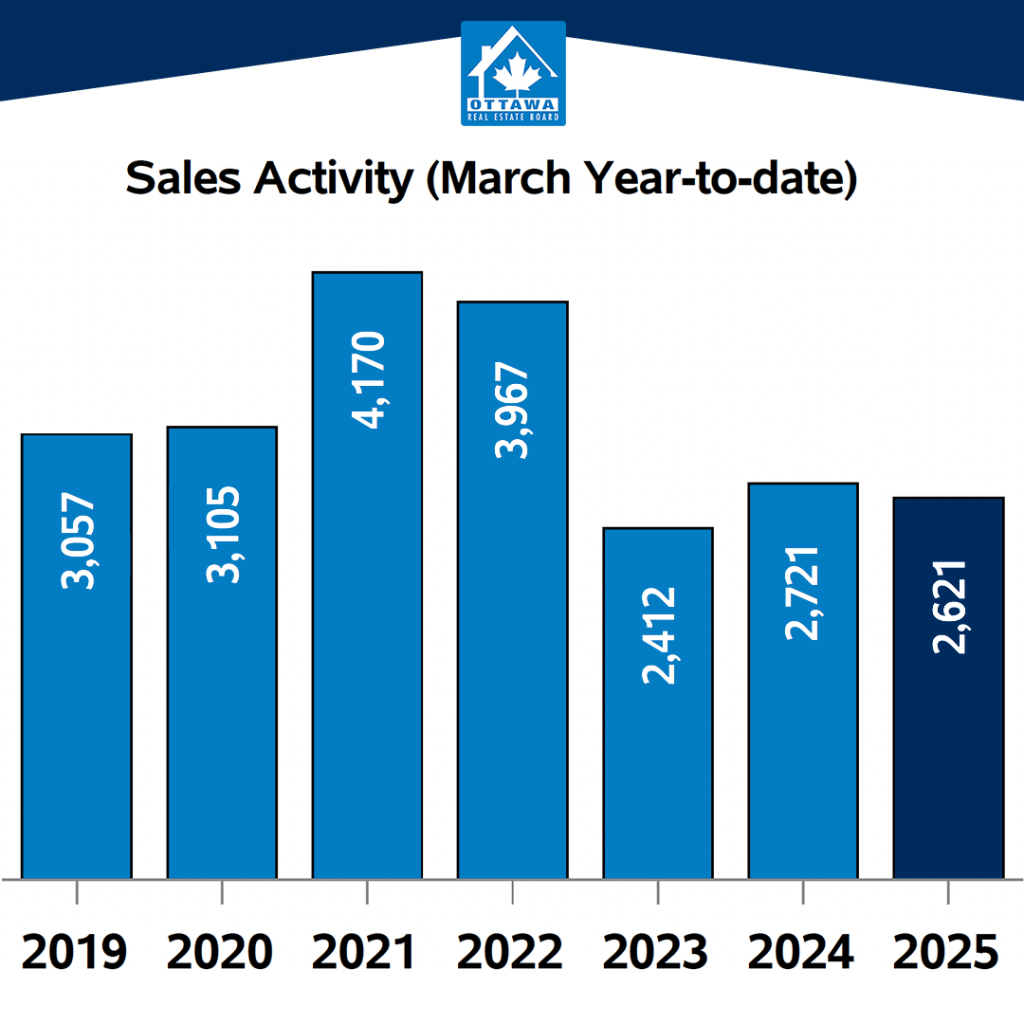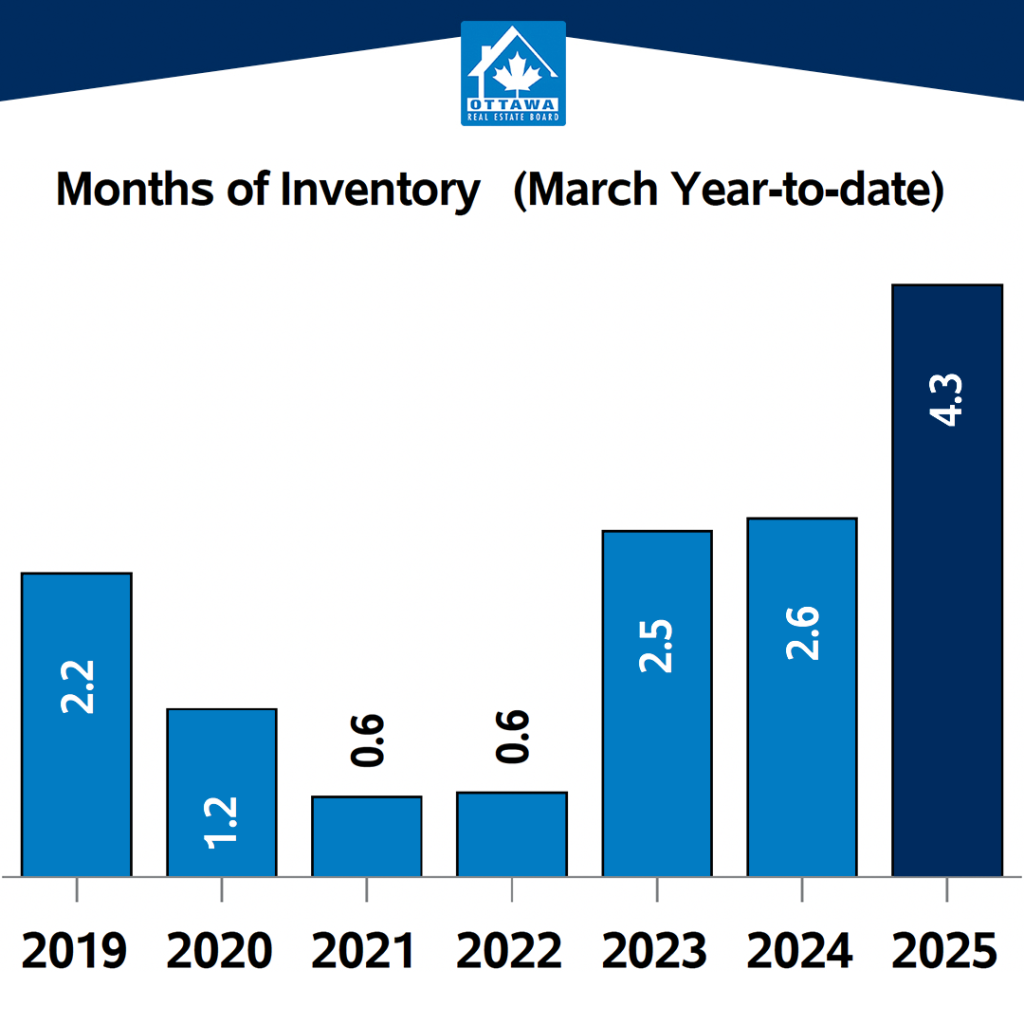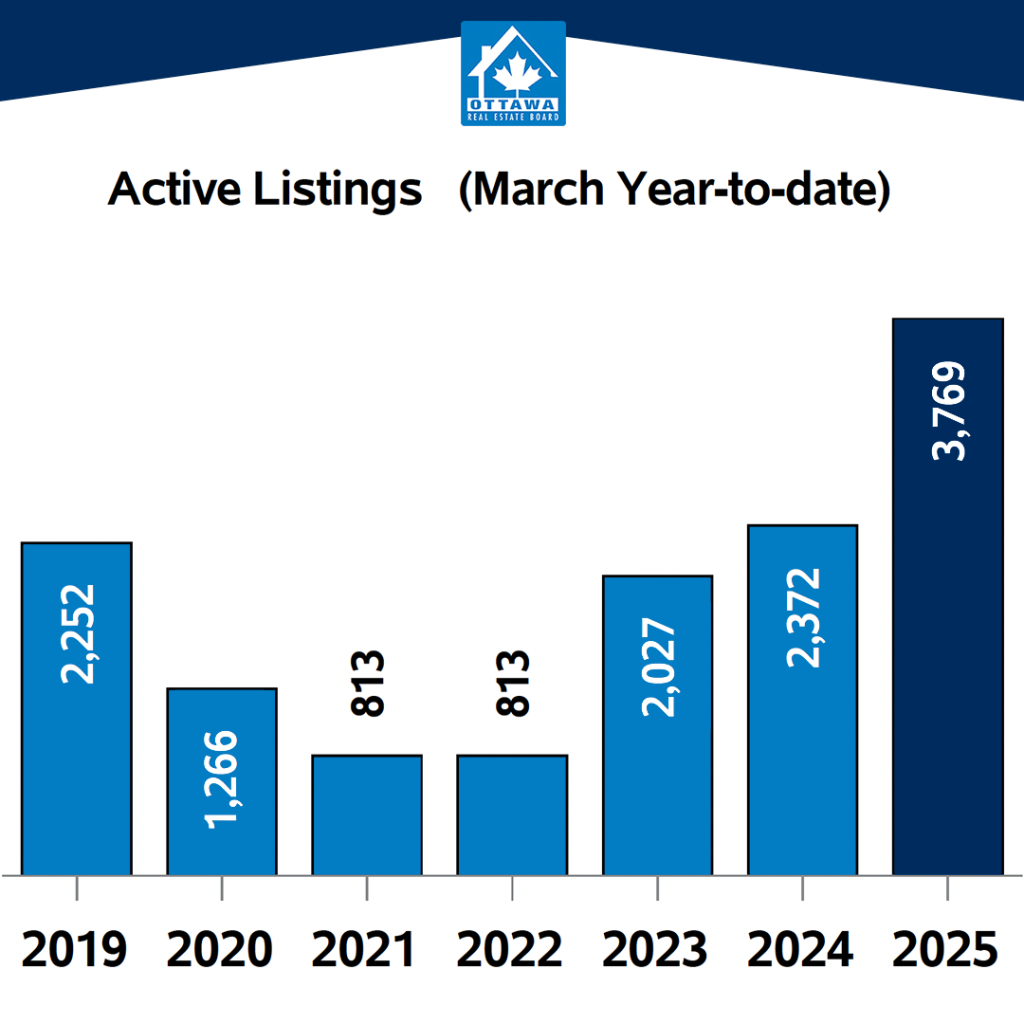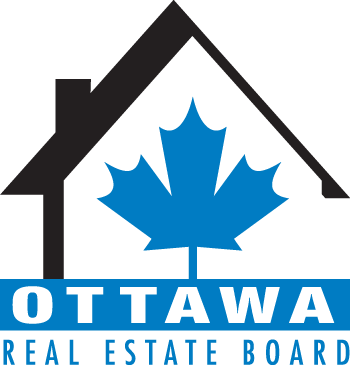| Build 2.3 million homes over the next five years. |
Create Build Canada Homes (BCH) to get the federal government back into the business of building affordable homes at scale, including on public lands partnering with builders. Target of 500,000 homes a year. |
Encourage cities to build more homes, faster, by creating the new $8 billion Canadian Homes Transfer over four years. This plan is expected to help build more than 3 million homes. |
Use covenants to make sure housing built with public money stays affordable forever. |
| Reimburse municipalities 50%, up to a maximum of $50,000 in savings for new homebuyers, for every dollar of relief a municipality offers in development charges. |
Cut municipal development charges in half for multi-unit residential housing for a period of five years to lower the cost of homebuilding and make housing more affordable. |
Encourage provinces to build more housing through a $8 billion Communities First Fund. This fund will help expand the water, sewage, and infrastructure foundations needed to support new housing. |
Close loopholes to stop criminals from using real estate to launder money. |
| Eliminate the sales tax on new homes under $1.3 million, which will save homebuyers up to $65,000. |
Eliminate the Goods and Services Tax (GST) for first-time homebuyers on homes at or under $1 million. |
Set aside 100% of suitable federal crown land to build over 100,000 rent-controlled homes by 2035. |
Eliminate the unfair tax advantages for Real Estate Investment Trusts (REITs). |
| Permit any person or business selling an asset to pay no capital gains tax when they reinvest the proceeds in Canada. Companies that reinvest in active Canadian businesses will also defer any capital gains tax. |
Reintroduce the Multiple Unit Rental Building (MURB) cost allowance. |
Require strong tenant protection measures from other levels of government as a condition for accessing federal housing funding. Introduce national rent control. |
Stop corporations from buying up single family homes. |
| Sell off 6,000 federal buildings and thousands of acres of federal land to build new homes. |
Reduce housing bureaucracy, zoning restrictions, and other red tape to have builders navigate one housing market, instead of 13. |
Ban predatory financial landlords from buying any existing purpose-built rental apartments and any of Canada’s existing 650,000 social housing units. |
Build 1.2 million permanently affordable homes (non-market rental or cooperative) over seven years. |
| Create 350,000 positions for trade schools and union halls to train red-seal apprentices to build homes, and we will bring back the $4000 apprenticeship grant that the Liberals plan to eliminate. |
Provide an Apprenticeship Grant of up to $8,000 for registered apprentices. |
Establish a Housing Insecurity Prevention Benefit to help 50,000 people in critical need find homes. |
Restore the Canada Mortgage and Housing Corporation’s (CMHC) mandate to directly finance and develop non-market housing, as it did from the 1940s to the 1990s. |
| Identify 15% of federal land and buildings to sell in cities within the first 100 days of a new Conservative Government. |
Facilitate the conversion of existing structures into affordable housing units. |
Deliver a major home retrofit program to 2.3 million low-income households and offer grants and low-interest loans to 1 million more. |
Require CMHC to provide long-term, low-interest loans to nonprofits, co-ops, and public housing agencies, cutting out private lenders to lower costs and accelerate the development of non-market homes. |
| Simplify the National Building Code, making it more affordable to safely build homes, while giving maximum flexibility for new materials and building methods. |
Stand up Canada’s high-risk flood insurance program by April 2026 to support homeowners to reduce their exposure to future climate risk. |
Maintain the two-thirds capital gains inclusion rate changes. |
Mandate CMHC to establish five regional prefab/modular housing plants to mass-produce affordable housing. |
|
Act as a developer to build affordable housing at scale, including on public lands. |
Require cities to allow more multi-unit homes in all neighbourhoods. |
Create a dedicated infrastructure funding stream under the National Housing Strategy to support student housing development, supplementing investments by colleges and universities. |
| Cut red tape for builders and tradespeople, working with provinces to harmonize building code regulations. |
Provide over $25 billion in financing to innovative prefabricated home builders in Canada. |
Require more housing near public transit routes; |
Expand the use of CMHC’s rental construction financing initiative to post-secondary institutions, incentivizing them to build affordable student housing. |
| Remove the requirement to report the sale of your home to the CRA. |
Provide $10 billion in low-cost financing and capital to affordable home builders. |
|
Increase the Canada Rental Protection Fund to help nonprofits acquire existing rental buildings and keep them permanently affordable. |
|
Publicly report on municipalities’ progress to speed up permitting and approval timelines and implement other commitments under the Housing Accelerator Fund. |
Provide guidelines for using Canadian-made materials like steel, cement, and mass timber. |
Extend the existing GST removal for developers of for-profit rental housing to include all homes built for affordable home ownership through organizations like Habitat for Humanity. |
| Scrap the Underused (Vacant) Housing Tax that costs more to administer than is collected in taxes. |
Eliminate duplicate inspections and streamline regulations for prefabricated housing, including modular. |
Support building prefabricated homes to help meet tight timelines. |
Mandate CMHC to establish five regional prefab/modular housing plants to mass-produce affordable housing. |
| Tie infrastructure funding to cities that permit over 15% more homebuilding annually and reducing funding for those that fall short. |
Leverage pre-approved, standardized housing designs across all public lands and encourage its adoption as-of-right across the country; |
Freeze development charge increases and work with provinces to halve development charges that hold up construction. |
Eliminate the GST on non-market housing construction materials. |
| Hold back federal dollars from cities that raise building fees or block needed development. |
Speed up application approvals by allowing builders and other orders of government to apply for multiple projects at once. |
Speed up permits and approvals so homes can get built faster. |
Redesign and expand the Public Land Acquisition Fund, creating a dedicated, multi-year fund to bring more private land into public ownership for the construction of non-market affordable housing. |


